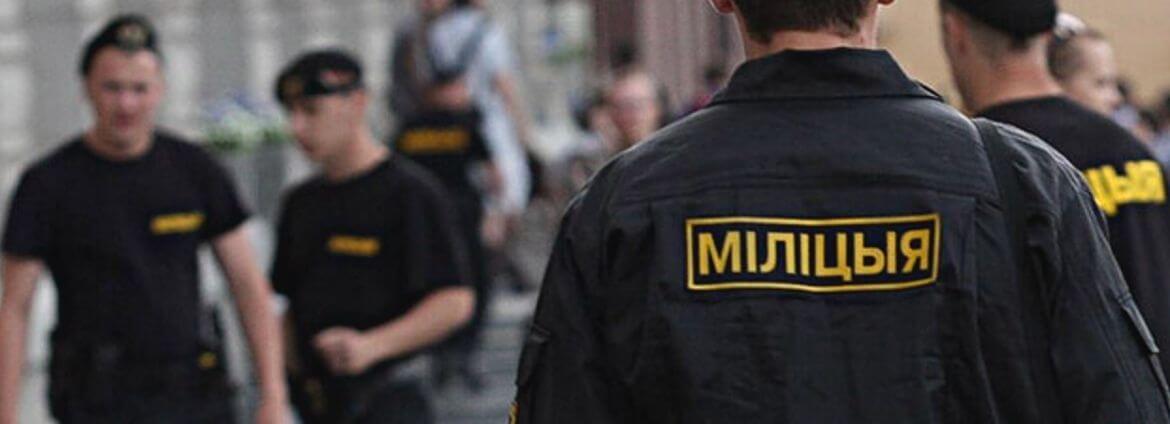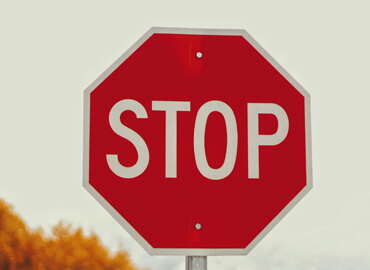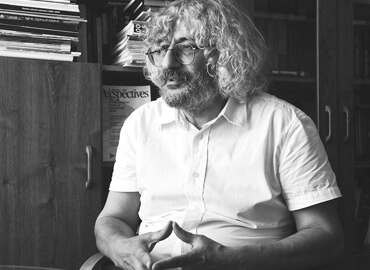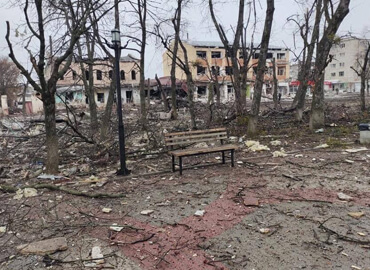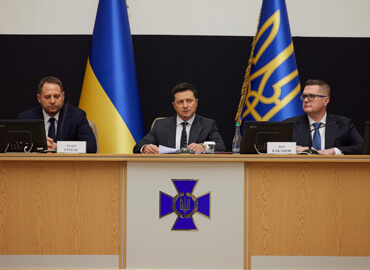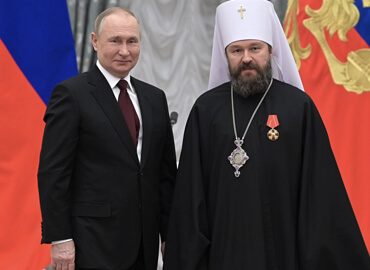This question has been asked more and more often recently. It became especially relevant following the August 2020 events, when police officers used unprecedented violence, including murder, torture, and rape, against participants in peaceful protests. Therefore, the word «police» for the majority of Belarusians is associated only with «oppressors.»
Turning to history
The word militia (from the Latin meaning «army» or «military force/service») means an irregular army or a people’s service, often on a voluntary basis. The militia was formed in Belarus on March 4, 1917, when Mikhail Frunze was appointed head of the militia in Minsk. It consisted of volunteers – for the most part without any special education, peasants, workers, and former soldiers – and was a non-professional temporary body created to restore order in the territories occupied by the Bolsheviks. Gradually, the police transformed into a professional organization engaged in the prevention of and fight against crime. However, the name «militia» has survived. Since gaining independence, Belarus has retained this name. Today the police, according to Art. 14 of the Law of the Republic of Belarus No. 263-З dated 07/17/2007 «On Internal Affairs Bodies,» is a system of subdivisions of internal affairs bodies designed to protect life, health, honor, dignity, rights, freedoms, and the legitimate interests of citizens, the rights and legitimate interests of organizations, the interests of society, and the state from criminal and other illegal infringements.
It is logical to assume that following the forming of a professional body dealing with the fight against crime the name should also be changed. However, this did not happen either during the Soviet period or when the country gained independence. Currently, only 11 countries have a militia. All of them belong either to the so-called socialist states (e.g., China and Cuba) or post-Soviet republics (e.g., Kyrgyzstan and Tajikistan). In developed countries and throughout the rest of the world such a body is called «police.»
Why has Belarus still retained the old name?
The only argument of Lukashenka’s regime is that the name «police» was used by militarized detachments consisting of local residents, organized by the German authorities on the territory of Belarus during World War II. According to representatives of the regime a name change is impossible since the residents of Belarus have not healed the wound since the last war and the name «police» would be associated with oppressors.
According to official statistics posted on the website of the Belarusian Ministry of Labor and Social Protection, as of April 1, 2021, 3,337 World War II veterans and 11,452 citizens who suffered during the Second World War lived in Belarus, which is less than 1% of the country’s population. According to Belstat, as of January 1, 2021, 9,349,645 people lived in Belarus. This argument does not hold water. In addition, opponents of the name militia could, in turn, assert that during the Second World War in 1943-1944 in France, the German occupation authorities created a militia, which is a collaborationist body for maintaining order and fighting partisans.
The second argument is the financial issue. Undoubtedly, changing the name will require significant financial expenditures, which is impractical in the face of a budget deficit. A possible way out of this situation is to conduct large-scale reform of the law enforcement system of Belarus with the change of Lukashenka’s regime when setting the country on a democratic path of development, in the context of which a name change will also take place, obviating the need for any separate financial expenditures.
Reform is necessary because the police forces do not fulfill their tasks set out in Art. 2 of the law mentioned. The police have turned into a punitive body in the hands of one person – former President Lukashenko. They no longer stand watch over law and order and their members violate the law with impunity in order to satisfy the whims of those in power while destroying the remnants of democracy in Belarus.
In addition, according to the latest census in Belarus the indicator of the number of police officers per 100,000 of the population is 924 people, which is almost 3 times higher than the world average – 347 people – whereas the EU figure is 316 people. Belarus’s expenditures on internal affairs units in 2020 amounted to 0.7% of GDP, with a world average of 1.15% and EU figure at 0.84%. It follows then that the funding for an individual police officer in Belarus is almost 3 times lower than the world average. Naturally, each of them is interested in changing this indicator. It can be argued then that reforming the Ministry of Internal Affairs is beneficial to everyone.
The article was prepared by a participant of the SlovakAid scholarship program.
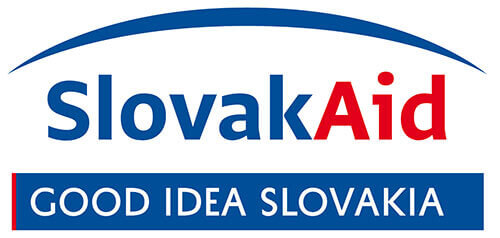
Материал доступен на русском языке: Милиция или полиция?



